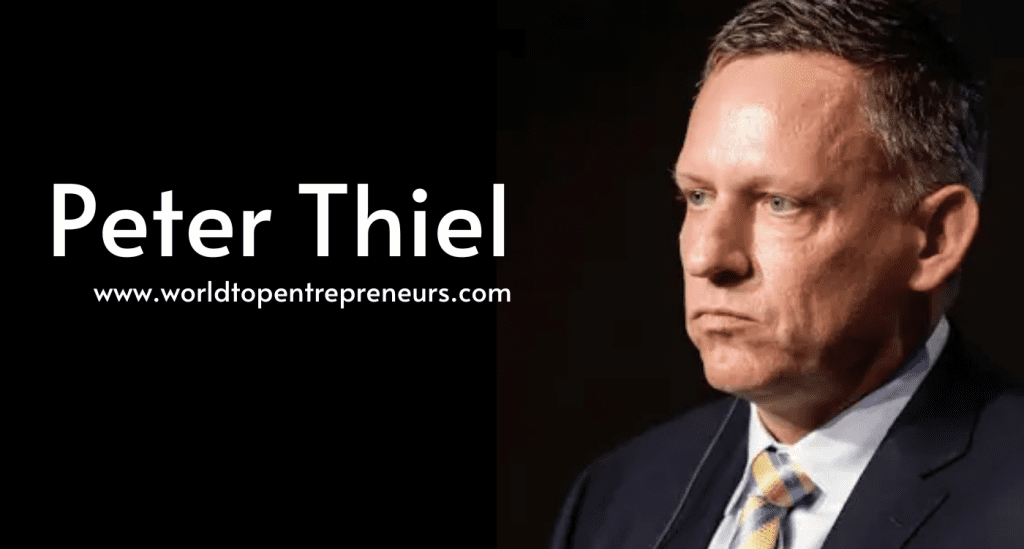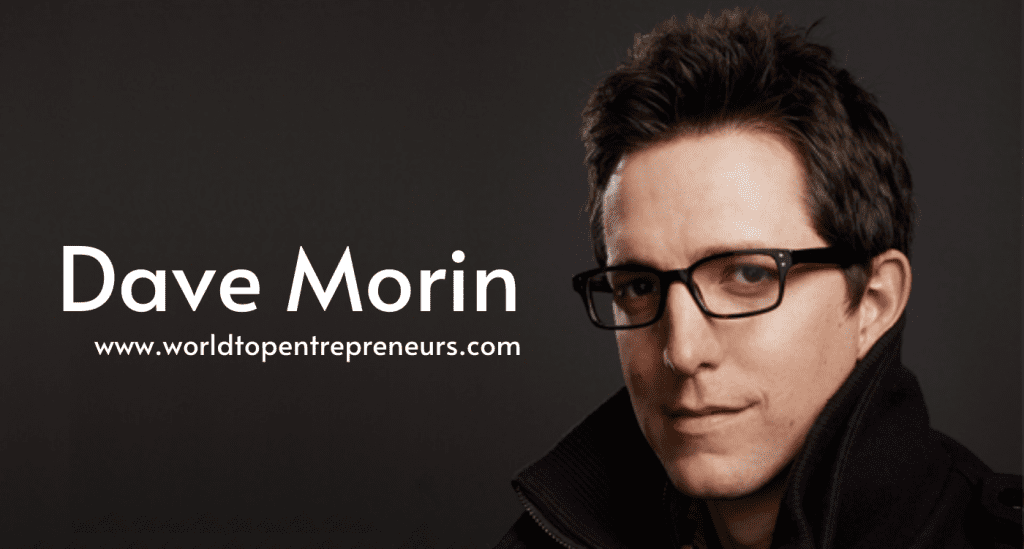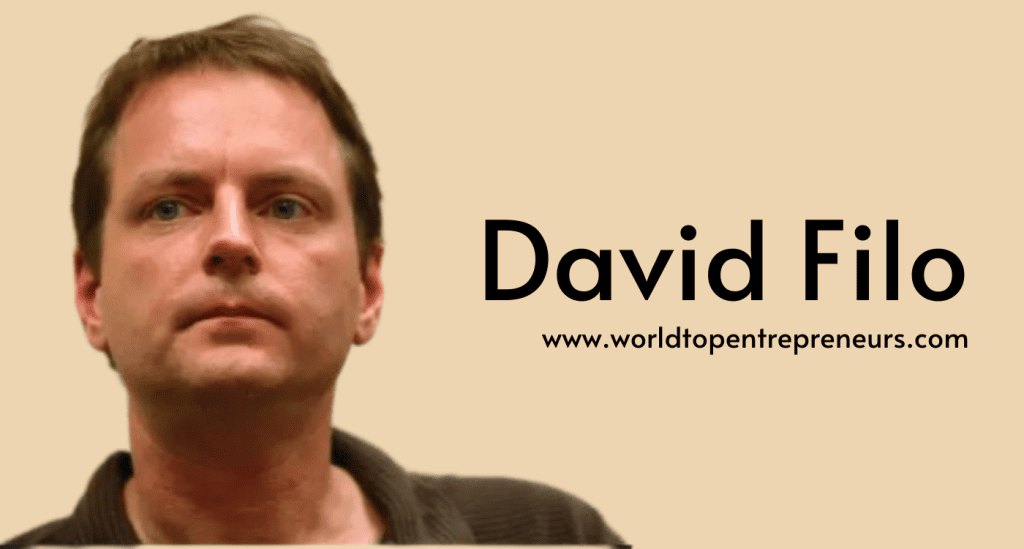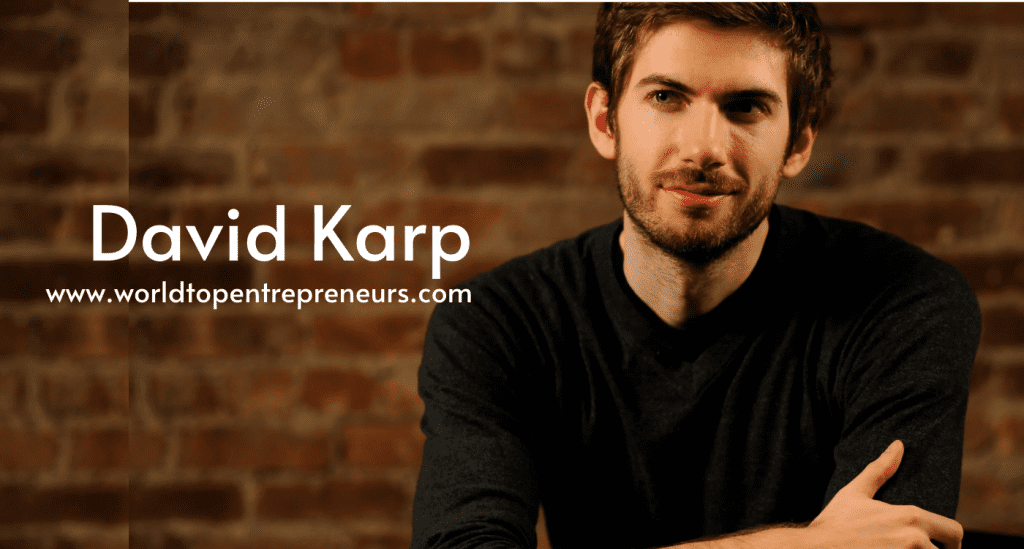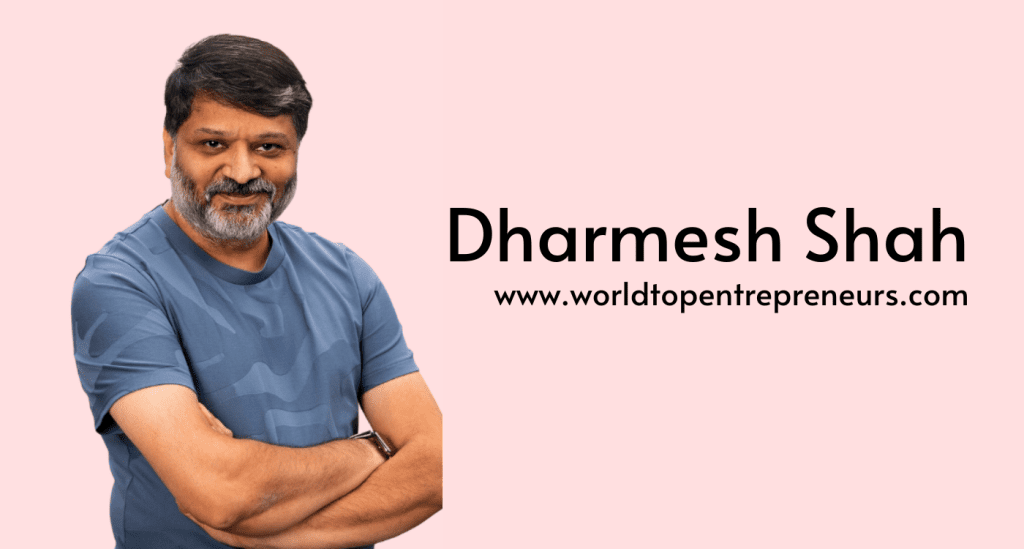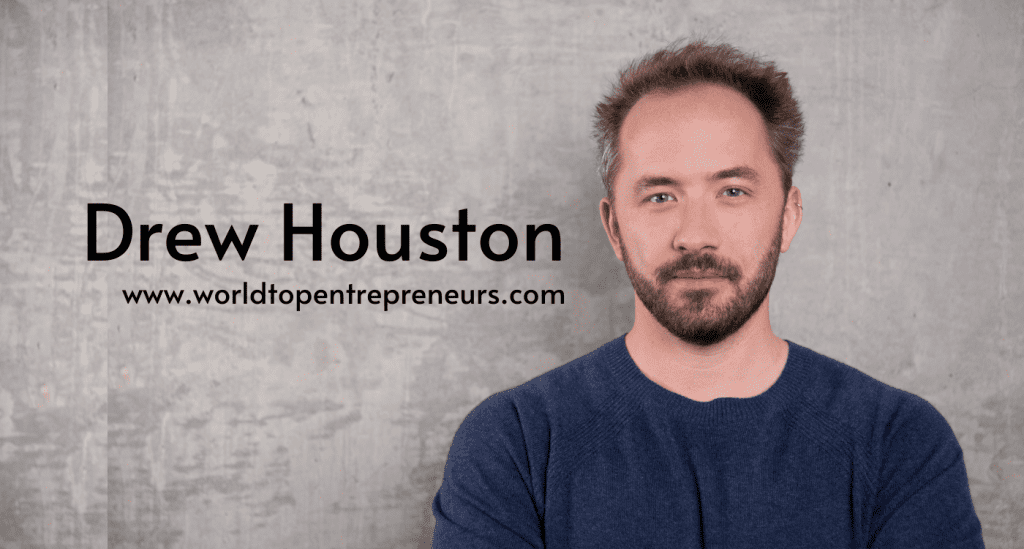Peter Thiel is a name synonymous with innovation, disruption, and audacious entrepreneurial ventures. His impact on the worlds of financial technology and social media is profound, marking him as one of the most influential figures in Silicon Valley. From co-founding PayPal to being an early investor in Facebook, Thiel’s journey is a testament to visionary thinking and bold decision-making. This article explores Thiel’s life, career, and the remarkable influence he has wielded in reshaping the digital landscape.
Early Life and Education
Peter Andreas Thiel was born on October 11, 1967, in Frankfurt, West Germany. His family moved to the United States when he was just one year old, settling in the suburbs of Chicago. Growing up, Thiel was known for his intellectual curiosity and a knack for tackling complex problems. His early life was marked by an interest in chess, which helped develop his strategic thinking skills—a trait that would later prove invaluable in his professional life.
Thiel’s academic journey began at Stanford University, where he earned a Bachelor of Arts in Philosophy. His time at Stanford was formative; he engaged deeply with questions about technology, society, and the future. This period also saw him develop an interest in the power of technology to drive change and innovation.
After Stanford, Thiel continued his education at Stanford Law School, graduating with a J.D. in 1992. Though he pursued a career in law, it was his interests in technology and finance that would eventually lead him to make a mark far beyond the legal field.
The Birth of PayPal
In 1998, Peter Thiel co-founded Confinity with Max Levchin and Luke Nosek. Confinity initially focused on creating security software for handheld devices but soon pivoted to developing a digital payment system. This pivot was driven by the realization that the digital payments space had immense potential for growth and disruption.
In 1999, Confinity merged with X.com, an online banking company founded by Elon Musk. The combined entity retained the name X.com but focused on leveraging Confinity’s technology to build a robust online payment system. In 2001, X.com was rebranded as PayPal, and it quickly became a leader in digital payments.
PayPal’s success was rooted in its simplicity and user-friendliness. It allowed users to make payments and transfer money via email, which was revolutionary at the time. Thiel’s role as the CEO and his strategic vision were crucial in steering the company towards success. Under his leadership, PayPal achieved rapid growth, ultimately attracting the attention of eBay, which acquired the company for $1.5 billion in stock in 2002.
The Facebook Investment
Following the sale of PayPal, Peter Thiel turned his attention to investing and venture capital. His investment strategy was characterized by a keen ability to identify transformative technologies and disruptive startups. One of his most notable investments was in Facebook.
In 2004, Thiel invested $500,000 in Facebook for a 10.2% stake in the company, making him the first outside investor in Mark Zuckerberg’s social networking platform. At the time, Facebook was a nascent platform primarily used by college students, but Thiel saw its potential to become a global social media giant.
Thiel’s investment in Facebook was pivotal. It not only provided the company with crucial early-stage capital but also lent it credibility and validation. As Facebook expanded its user base and evolved its platform, Thiel’s investment appreciated significantly, solidifying his reputation as a shrewd investor with an eye for game-changing opportunities.
Thiel’s Investment Philosophy and Strategies
Peter Thiel’s approach to investing is distinctive and highly influential. His philosophy is shaped by a belief in the power of technology to create transformative change. Thiel’s investment strategies often involve backing companies that are not just innovative but also have the potential to fundamentally alter their industries.
1. Emphasis on Technological Disruption
Thiel is known for his emphasis on technological disruption. He seeks out companies that are not merely incremental improvements but are capable of creating entirely new markets or significantly transforming existing ones. This approach reflects his broader belief in the power of technology to drive progress and solve complex problems.
2. Support for Visionary Entrepreneurs
Thiel has a strong track record of supporting visionary entrepreneurs who are committed to pursuing ambitious goals. His investments are often guided by his confidence in the founder’s vision and ability to execute it. This support extends beyond financial investment, as Thiel provides mentorship and strategic guidance to help entrepreneurs navigate challenges and scale their businesses.
3. Focus on Long-Term Value
Thiel’s investment philosophy is characterized by a focus on long-term value rather than short-term gains. He looks for companies with the potential for sustained growth and impact over the long term. This perspective is aligned with his broader view that meaningful progress requires a commitment to enduring goals and visionary thinking.
Thiel’s Influence and Legacy
Peter Thiel’s influence extends far beyond his individual investments. His work with PayPal and Facebook, along with his broader investment strategy, has had a lasting impact on the technology and finance sectors.
1. Shaping the Venture Capital Landscape
Thiel’s approach to venture capital has helped shape industry practices and trends. His emphasis on disruptive technology and visionary entrepreneurship has influenced how investors evaluate opportunities and support startups. Thiel’s investment philosophy has become a model for other venture capitalists seeking to identify and back transformative innovations.
2. Fostering Technological Innovation
Through his investments and support for innovative startups, Thiel has played a role in fostering technological innovation. His backing of companies like PayPal and Facebook has contributed to advancements in digital payments and social media, demonstrating the transformative potential of technology.
3. Inspiring the Next Generation of Entrepreneurs
Thiel’s success as an entrepreneur and investor has inspired many aspiring entrepreneurs and investors. His career is often cited as an example of how visionary thinking, strategic risk-taking, and a commitment to innovation can lead to extraordinary achievements. Thiel’s story serves as a source of motivation for those pursuing ambitious goals in technology and business.
Challenges and Controversies
Despite his successes, Peter Thiel’s career has not been without controversy. His outspoken views and political activities have drawn criticism and sparked debate. Thiel is known for his support of controversial political causes and figures, which has led to polarized opinions about his influence and impact.
1. Political Involvement
Thiel’s political involvement, including his support for certain candidates and causes, has generated significant discussion. His political views and actions have been a source of controversy, with some viewing them as inconsistent with his entrepreneurial and investment philosophies.
2. Criticisms of Silicon Valley Culture
Thiel has also been vocal in critiquing aspects of Silicon Valley culture. His criticisms often focus on the lack of ambitious thinking and innovation in the tech industry. While these critiques have resonated with some, they have also faced pushback from others who argue that Thiel’s perspective is overly critical of the industry’s achievements.
The Future of Peter Thiel’s Ventures
As Peter Thiel continues to influence the worlds of technology and venture capital, several key areas will likely shape his future endeavors.
1. Expanding Investment Horizons
Thiel’s investment strategy is likely to continue evolving as new technologies and industries emerge. His focus on disruptive innovations suggests that he will seek out opportunities in cutting-edge fields such as artificial intelligence, biotechnology, and renewable energy.
2. Supporting Emerging Entrepreneurs
Thiel’s commitment to supporting visionary entrepreneurs will likely remain a central aspect of his work. His experience and resources position him to provide valuable support to the next generation of entrepreneurs who are driving technological and societal change.
3. Addressing Global Challenges
Thiel’s investments and ventures may increasingly focus on addressing global challenges. The intersection of technology and social impact presents opportunities for Thiel to contribute to solutions for issues such as climate change, healthcare, and education.
Conclusion
Peter Thiel’s journey from co-founding PayPal to becoming an influential venture capitalist and early investor in Facebook is a testament to his visionary thinking and bold decision-making. His impact on the worlds of financial technology and social media has been profound, shaping industry practices and inspiring a new generation of entrepreneurs and investors.
Thiel’s career reflects a commitment to innovation, strategic risk-taking, and a belief in the transformative power of technology. As he continues to navigate the evolving landscape of technology and venture capital, Thiel’s legacy as a pioneering entrepreneur and investor is likely to endure, influencing future developments and shaping the future of the industry. His story serves as a powerful reminder of the potential for visionary thinking and ambition to drive meaningful change in the world.

